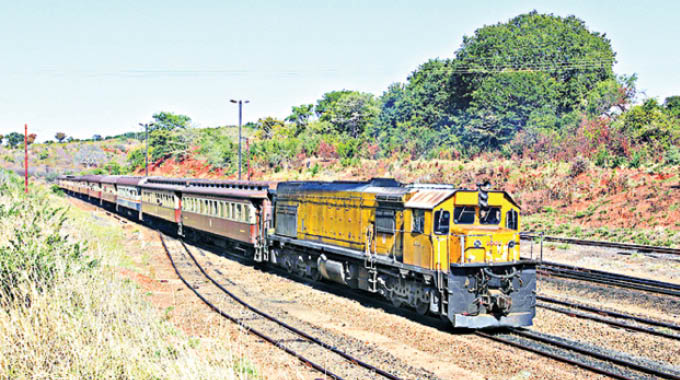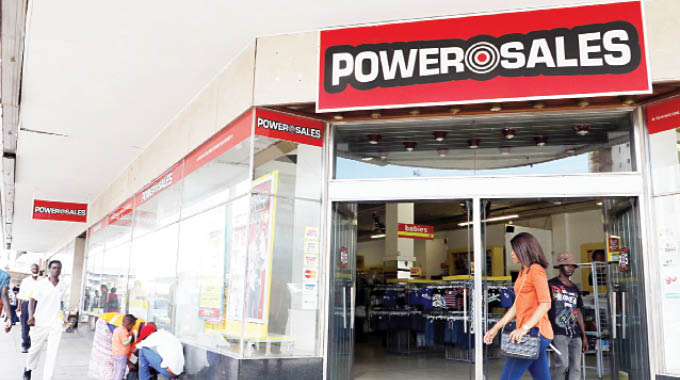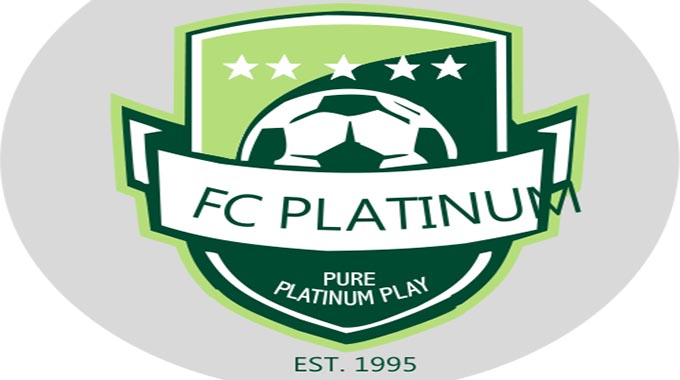EDITORIAL COMMENT: Selection of investors should be thorough to avoid NRZ scenario

The announcement by Cabinet that it has cancelled the $420 million National Railways of Zimbabwe recapitalisation deal should have come as a great shock to industrialists and other stakeholders who had pinned their hopes on the revival of the NRZ to address their transport challenges.
The deal was cancelled last month after the Diaspora Infrastructure Development Group (DIDG) and Transnet that won the tender two years ago, failed to provide proof of funding. Cabinet on Tuesday ordered the retendering of the project because DIDG-Transnet failed to meet contractual timelines two years after winning the tender.
After the expiry of the deadline to provide proof of funding, Government gave the consortium a six-month grace period which again lapsed, leaving Government with no option but to cancel the deal. What is however mind boggling is that last September the Advocate Martin Dinha-led NRZ board announced that it had approved the DIDG funding offer.
The board said it had referred the funding offer to Treasury for approval. A statement from the board said it had approved the DIDG proof of funding and was awaiting guidance from Treasury on the availability of funding where after, subject to such guidance as may be given by Treasury, the project be progressed in term of the provisions of the joint Ventures Act as previously directed by Cabinet.
Industrialists and other stakeholders were therefore taken aback when a month down the line, the deal was cancelled. The process of tendering has to be started afresh following Cabinet’s order on Tuesday.
According to sources, Government decided to cancel the deal after DIDG by-passed the parent Ministry of Transport and Infrastructure Development as well as Government’s financial advisors Deloitte and Touche to validate its funding structure with Treasury.
It is a bit difficult to buy the argument that the Ministry of Transport was by-passed given that the NRZ board, which we believe represents the ministry, approved the DIDG proof of funding.
We should however at this juncture not be bogged down by technical shortcomings but concentrate on what is obtaining which is the cancellation of the deal and the retendering.
It is our fervent hope that those involved in the recapitalisation of the NRZ project have learnt from the past mistakes and would strive to avoid similar pitfalls in future.
The selection of investors should therefore be very thorough and meticulous to avoid a situation whereby potential investors first win the tender and then use the papers to look for funding.
Those who win the tender should provide proof of funding in the shortest possible time to avoid delaying implementation of this long awaited project which is pivotal to the country’s economic turnaround.
Industries are buckling as a result of prohibitive transport costs for raw materials and finished products which should be moved by the revived NRZ.
Rail is the cheapest mode of transport hence the urgent need to revive the NRZ to enable it to move the bulk of industry’s raw materials and finished products within the country or across the country’s borders.












Comments